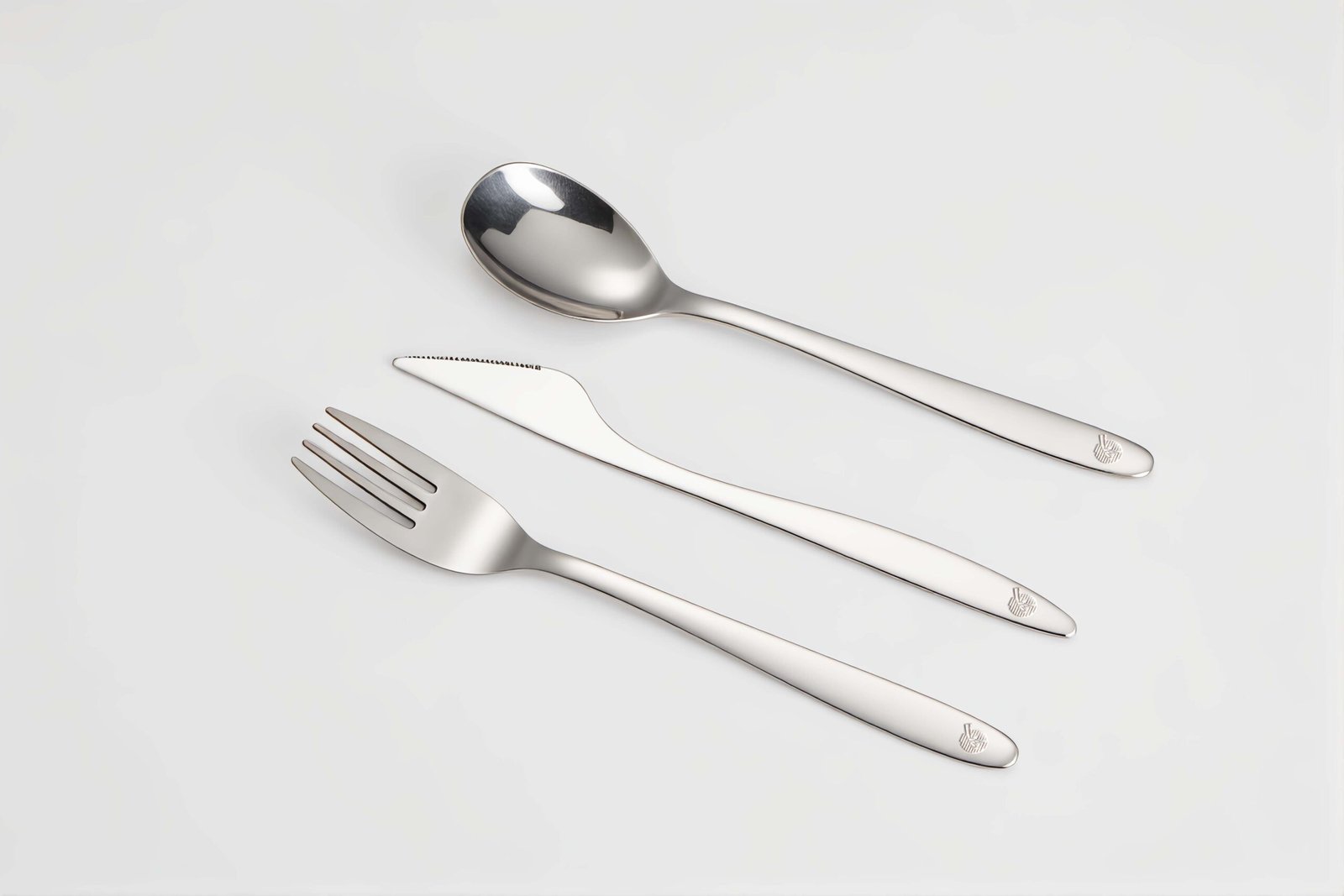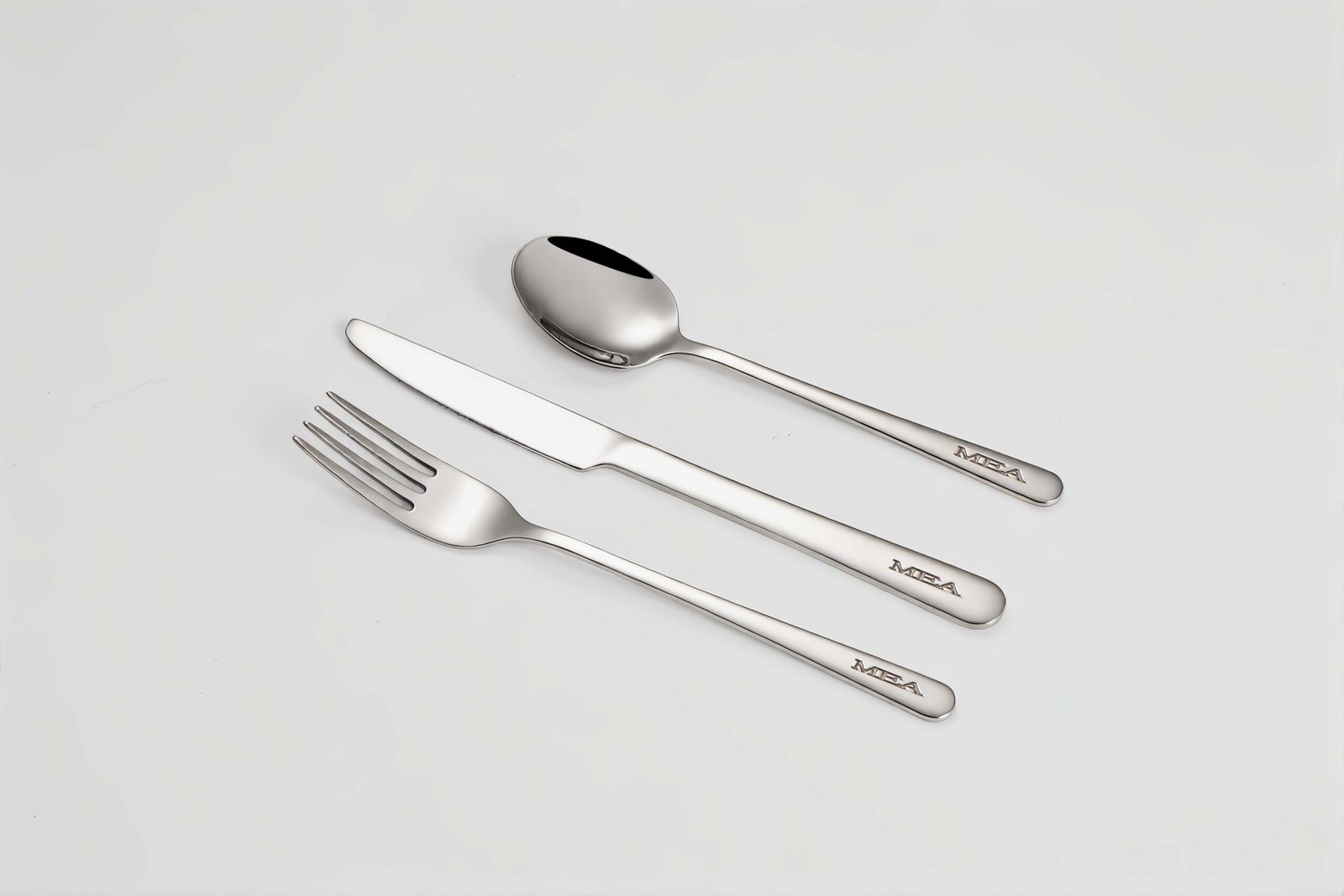Finding a measuring spoon supplier sounds simple—until quality issues and delivery delays start hurting your brand.
Work with a certified, transparent, and experienced manufacturer who aligns with your product standards and brand goals.
Choosing the right manufacturer for your measuring spoons means more than just comparing prices. It’s about finding a long-term partner who helps your business grow while avoiding unnecessary risks. Let’s dive into how you can spot the right one.
Table of Contents

What are the signs of a trustworthy measuring spoon supplier?
Trusting the wrong supplier could cost you your reputation. That’s why spotting the signs of a reliable one is key.
A reliable supplier offers clear communication, professional documentation, traceable quality standards, and proactive support throughout the cooperation.
1. Communication Transparency
A dependable supplier will answer emails promptly, provide clear quotations, and offer technical data sheets on request. Vague replies or language barriers often signal trouble down the road.
2. Experience & Client References
Years in business and references from other clients, especially from your market, say a lot. Ask for customer reviews or case studies. A supplier that’s proud of their track record will gladly share it.
3. Legal and Business Documentation
Check if the supplier has a business license, export license, and customs records. All of these should be easy to verify online via Chinese business portals.
| Sign of Reliability | What to Look For | Red Flag |
|---|---|---|
| Transparent communication | Fast replies, technical knowledge | Vague answers, slow reply |
| Legal documentation | Clear, up-to-date business license | Missing or expired docs |
| Years of experience | More than 5 years | Just registered |
| Client references | Reviews, past projects | No references provided |
Should I work with a factory or a trading company?
This choice affects pricing, lead time, and quality. It depends on your goals and expectations.
Factories offer better control and pricing; trading companies provide convenience and a wider product range.
1. Understanding the Difference
A factory makes the goods. A trading company sells them. If your product is custom or quality-sensitive, the factory route is often better.
2. Pros and Cons
| Comparison | Factory | Trading Company |
|---|---|---|
| Product Knowledge | Deep technical understanding | Varies widely |
| Price | Lower (direct source) | Higher (adds margin) |
| Flexibility | Less flexible in small orders | More flexible with MOQ |
| Communication | May have language barriers | Better English skills |
| Lead Time | Usually faster | May add delays |
3. How I Handle It
At Brilliant, we are a factory. But we also provide the convenience of a trading company. We offer private labeling, custom packaging, and multilingual support. That’s how we help brands grow while ensuring full control of quality.
What certifications should a good factory have (BSCI, ISO)?
Certifications are not just labels. They prove whether a factory meets international standards.
Look for BSCI for social compliance, ISO 9001 for quality systems, and LFGB or FDA for food safety.
1. Why Certifications Matter
They reduce your risk. When a factory is certified, they’ve passed audits that check quality, hygiene, and worker safety.
2. Most Important Certifications

3. What I Offer
At Brilliant, we carry all major certifications, including BSCI, ISO9001, LFGB, and FDA. These help our clients pass their import checks without hassle. If you need extra tests, we can arrange that too.
How do I verify a supplier’s production capacity and quality control?
Even a polite supplier might not meet your volume or quality standards.
Request their production schedule, equipment list, and QC reports; verify their testing and inspection procedures.
1. Key Questions to Ask
Ask how many sets they produce per month. What machines they use? What’s their rejection rate? Do they do 100% inspection or random checks?
2. Proof to Request
Request a video of their production line. Ask for their SOP (Standard Operating Procedure). Or arrange for a third-party audit.
3. Breakdown Table
| Capacity/Quality Area | What to Ask | What to Watch Out For |
|---|---|---|
| Monthly output | Number of units produced | Vague or inflated numbers |
| QC Process | SOPs, QC checkpoints | No written process |
| Inspection frequency | 100%, random, or none | Only final check or no QC |
| Equipment list | Machine names and brands | Generic or outdated equipment |
At Brilliant, we provide a full factory tour video on request, as well as live inspection access for large orders. We welcome third-party audits and love to prove what we say.
Can I visit the factory or request a virtual tour?
Yes, and you absolutely should if you’re serious about doing business.
A trustworthy manufacturer will welcome in-person visits or arrange virtual video tours with full transparency.
1. What to Expect
Good suppliers will pick you up, show you each workshop, and answer every question in detail. Virtual tours should be live—not just promotional videos.
2. What to Look For During a Visit
| Area | What to Check |
|---|---|
| Raw materials storage | Are they organized, labeled, clean? |
| Production line | Is the workflow smooth and clean? |
| QC section | Do they inspect properly? |
| Packaging room | Is it safe, clean, efficient? |
Brilliant has hosted over 1500 clients from around the world. Whether you come in person or prefer a virtual Zoom walk-through, we’re ready anytime.
What questions should I ask before placing my first order?
Asking the right questions upfront avoids costly surprises later.
Clarify MOQ, sample time, lead time, payment terms, warranty, and after-sales support before confirming anything.
1. Must-Ask Questions
| Question | Why It’s Important |
|---|---|
| What is your MOQ? | Determines if they fit your scale |
| What’s the sample lead time? | Helps plan your launch |
| What payment terms do you offer? | Affects your cash flow |
| What if goods arrive damaged? | Shows their after-sales commitment |
| Can I customize packaging? | Vital for branding |
At Brilliant, we answer all these transparently. We offer low MOQs for custom projects and can even produce pre-production samples for your team to test.
What are red flags that indicate a supplier may not be reliable?
Here’s where many importers get burned—by missing early warning signs.
Lack of transparency, unwillingness to share documents, overly low pricing, or no certifications often indicate hidden risks.
1. Red Flags to Watch For
| Red Flag | What It Might Mean |
|---|---|
| No business license shared | Illegal or unregistered operations |
| Too cheap to be true pricing | May cut corners or disappear after payment |
| No quality certifications | Likely fails international standards |
| Avoids video calls or audits | Hiding poor facility conditions |
| Bad English or no clear responses | Miscommunication risk |
2. My Insight
In my 10 years of working with global clients, I’ve seen how cutting corners early often costs much more later. That’s why at Brilliant, we don’t hide anything. We offer fair pricing, clear documentation, and full transparency from day one. My team treats every client’s project like our own—because we know trust is earned, not claimed.






